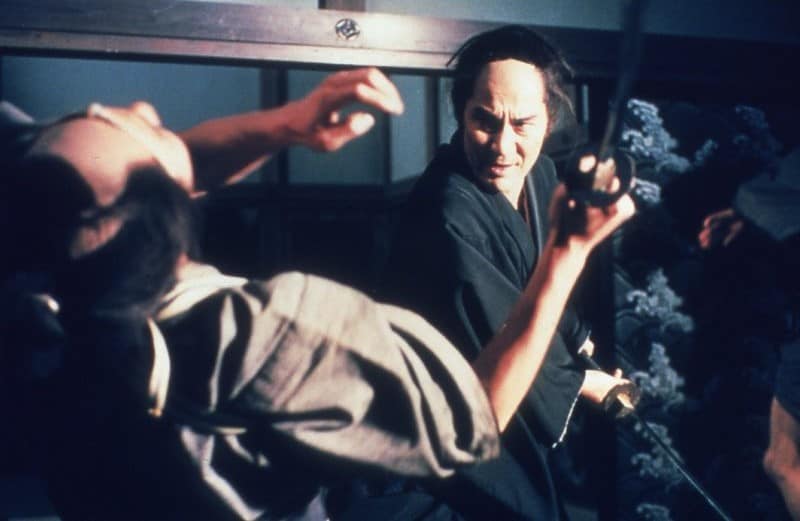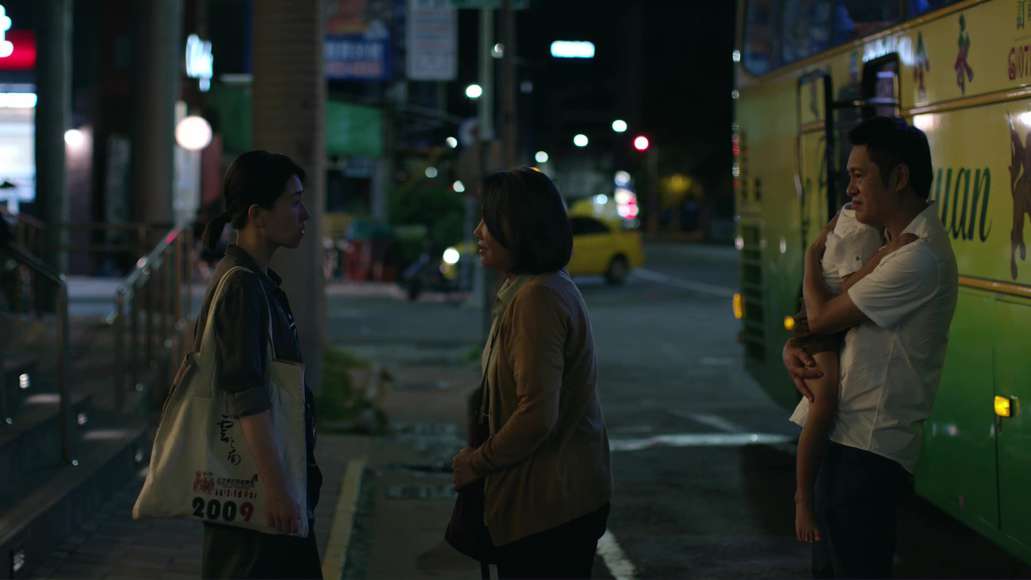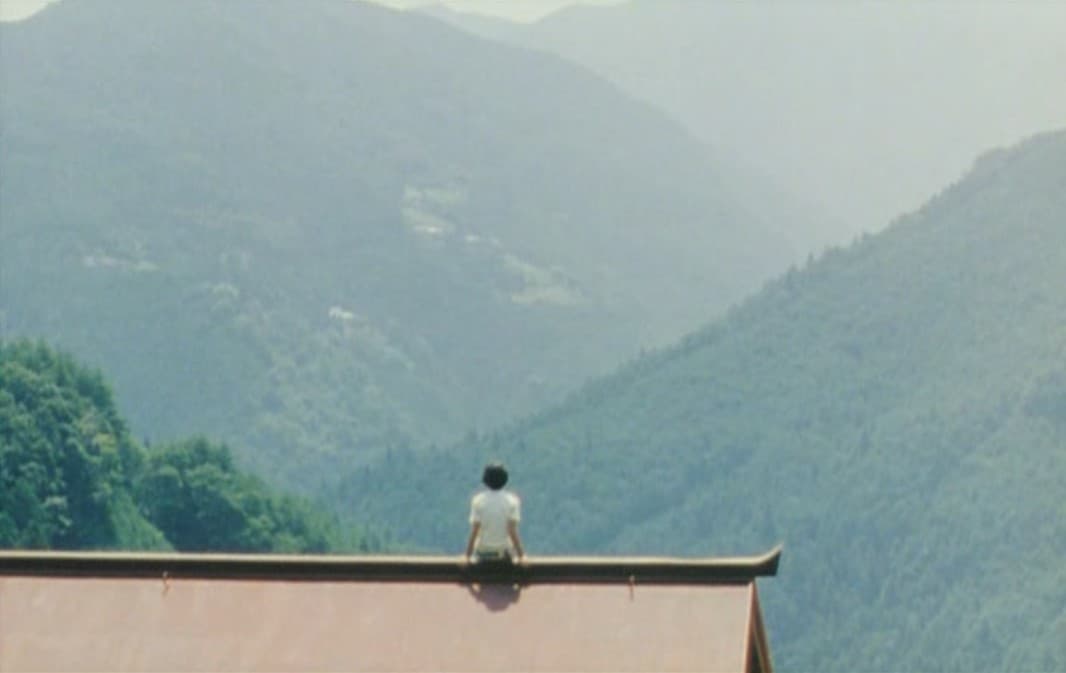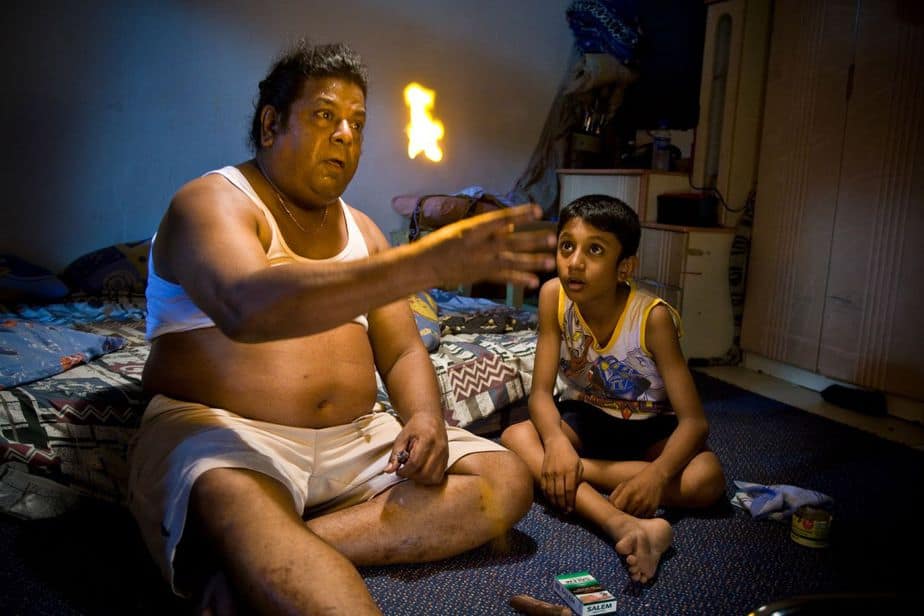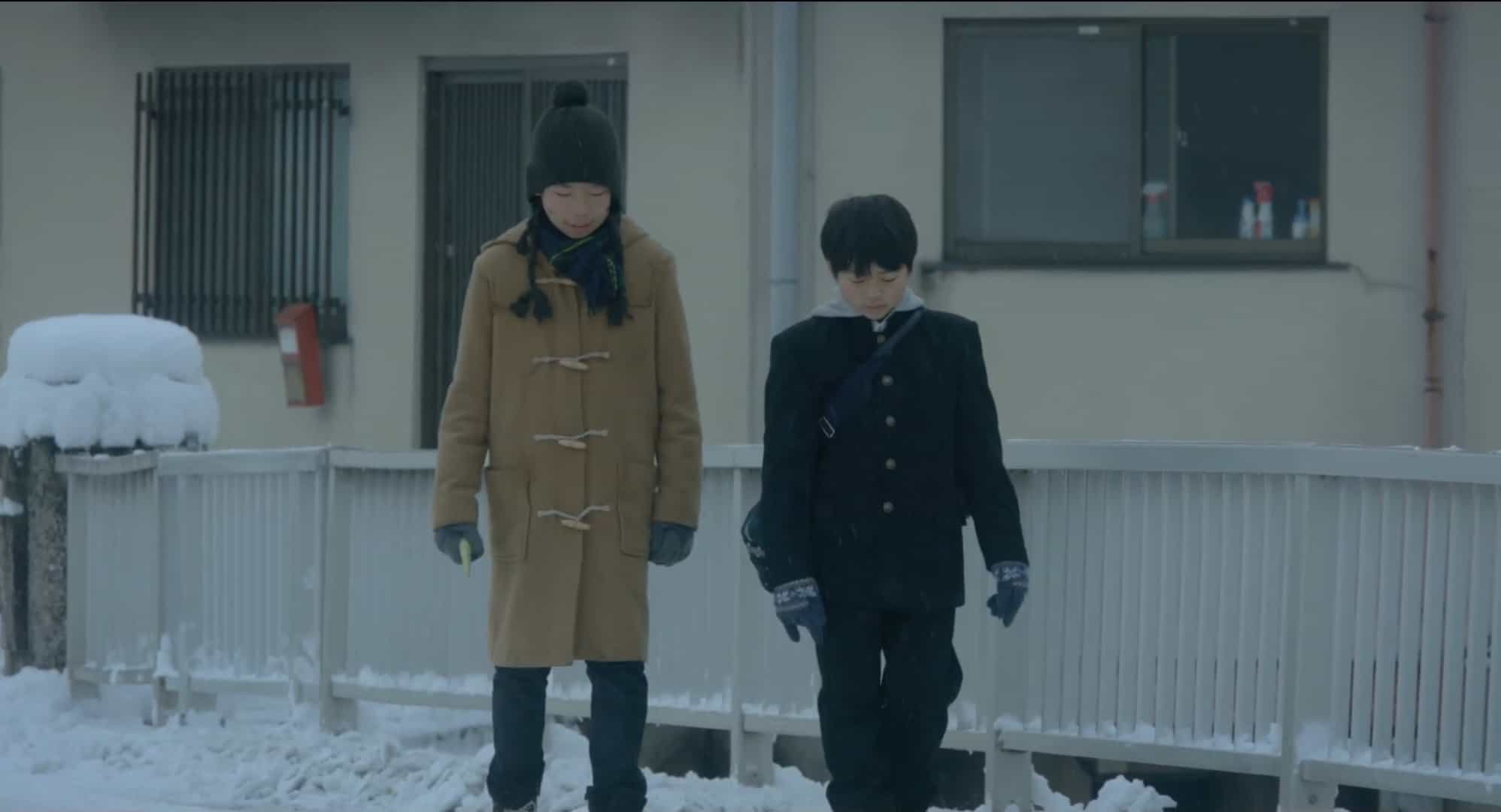With so many great Japanese directors who made a name for themselves, it is always interesting to see some collaborate. One of the most interesting collaborative efforts was the company “Yonki-no-Kai,” which translates to the “Club of the Four Knights,” established in 1969 by filmmakers Akira Kurosawa, Keisuke Kinoshita, Masaki Kobayashi, and Kon Ichikawa. The group of friends put together this effort to support one another, as the film industry in Japan at the time was in a state of financial hardships. Yet, things did not go according to plan with Kurosawa's film “Dodes'ka-den,” being a box-office failure, leading to many projects being shelved. The four wrote a jidaigeki feature that would go unmade for a long-time when they couldn't raise funds to make it. Years later, following the passing of his companions, Ichikawa would eventually be able to direct this initially canceled feature while crediting his three late comrades as screenwriters. The project is the samurai movie “Dora-heita.”
The film is based on the novel “Diary of a Town Magistrate” written by Shugoro Yamamoto. The story had been adopted on film before; one version even featured Ken Watanabe as the lead. Ichikawa's rendition would be met with tons of production issues, including shooting locations, scheduling complications, to even the lead actor Koji Yakusho being injured while filming the movie's big action scene. Despite all the conflicts, the movie finally saw release in the year 2000. “Dora-heita” would be met with fairly mixed reception from critics and audiences.
Buy This Title
on Amazon by clicking on the image below
A magistrate is sent to rid crime in a lawless town. The warrior's name is Mochizuki Koheita, often referred to as “Dora-heita” or “Alley Cat.” He poses as an alcoholic playboy and gains information on the criminal operations that operate in this area with his wits. He seeks to uproot the corruption and fight for justice. Unfortunately, things get complicated when the lead's girlfriend arrives to scold him, and the villains pick up on what the mischievous samurai sets out to do. Eventually, the protagonist is forced to engage in combat with his enemies.

The set-up and presentation of “Dora-heita” are comparable to Akira Kurosawa's films “Yojimbo” and “Sanjuro,” with a ronin cleaning up corruption within a town and with the feel of classic 1960s samurai cinema. While the movie doesn't reach the quality of those two features, Kon Ichikawa has fun with the premise and seeks to entertain, with fairly successful results. The story is fairly light-hearted while still having points of tension and stakes for the protagonist. The humor is generally well-executed, with plenty of funny dialogue exchanges between the characters. The narrative addresses corruption that was not uncommon in Japan at the time while also deconstructing the preconceived notion that all samurai were good figures, with some characters in the story being downright sinister. The title hero balances out being a strong warrior while also being humorous.
The characters are simple but, for the most part, memorable, with many recognizable talents appearing here, including Ryudo Uzaki, Noboru Mitani, Hideji Otaki, Takeshi Kato, and Tsurutaro Kataoka. Undoubtedly, the film's biggest strength is the presence of wonderful actor Koji Yakusho, who plays Mochizuki Koheita, aka Dora-heita, and does a great job. Yakusho brings a lot to the table, being imposing, intelligent, funny, and sometimes even vulnerable, especially when confronted by the lovestruck geisha Kosei. Yuko Asano nails the part of Kosei, whose strong nature and no-nonsense attitude manage to put the lead in his place. Another standout performance comes from Bunta Sugawara, who has fun hamming it up as one of the movie's villains, Nadanamiya Hachirobe.
“Dora-heita” is a competently made feature. The costume design captures the historical period well, nice set-pieces are on display, and Yukio Isohata's cinematography is solid and gets the job done. The action scenes are impressive, the highlight being when the lead takes on an army of swordsmen. His skill with a sword is showcased in this fight scene while also displaying his restraint by not killing his foes and instead defeating his enemies using the backside of his katana. Kensaku Tanikawa's music score is nice on the ears, even if it sometimes clashes with the feudal Japan setting.
The picture could have benefited from better pacing, as sometimes it feels a bit padded out; perhaps even twenty minutes could have been cut out to help the feature flow better. In addition, the town the movie is set in could have benefited from more establishment to amp up the stakes further.
“Dora-heita” is an entertaining samurai film and a commendable late effort by Kon Ichikawa. The production history alone is fascinating, yet it also helps that the movie is enjoyable. It balances out being funny while showcasing Koji Yakusho's talent as an actor. It is light on action, but when there are fight scenes, they are well-done. A criticism is that the pacing could have been tightened; sometimes, the movie feels unnecessarily stretched out and could have used more focus dedicated to developing the setting. While far from the director's best work, it is worth checking out.


